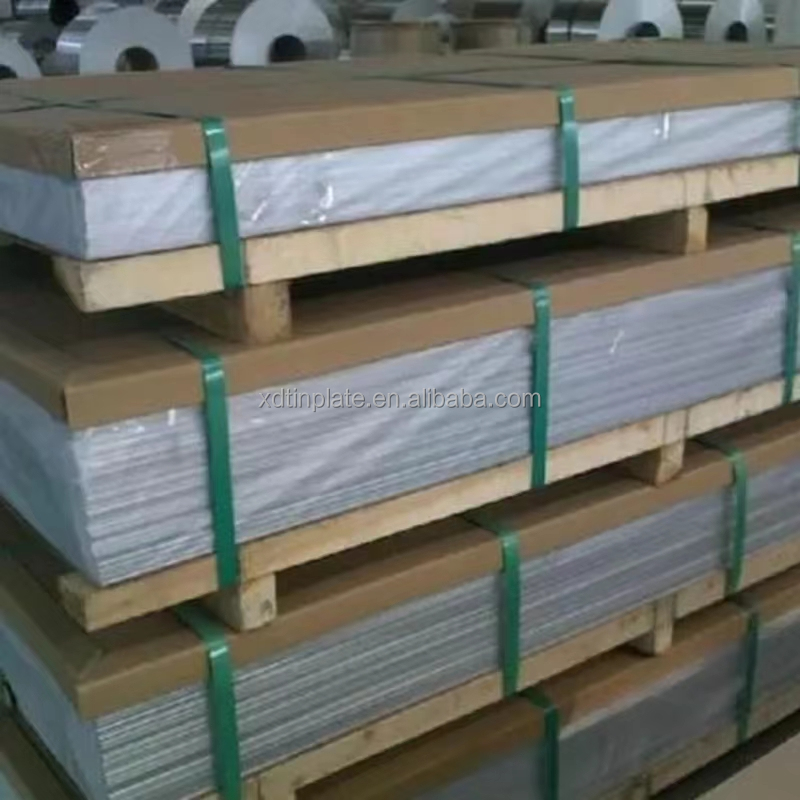
نوفمبر . 14, 2024 20:47 Back to list
sheet metal for roof manufacturers
The Importance of Sheet Metal in Roof Manufacturing
In the construction industry, roofing plays a pivotal role in safeguarding buildings from the elements while ensuring aesthetic appeal and energy efficiency. Among the myriad of materials available for roofing, sheet metal has emerged as a favored choice among manufacturers. This article explores the advantages of using sheet metal in roof manufacturing, the processes involved, and its implications for sustainability and durability.
Advantages of Sheet Metal Roofing
One of the main advantages of sheet metal roofing is its durability. Sheet metal, often made from materials like aluminum, steel, copper, or zinc, possesses high resistance to harsh weather conditions, including wind, rain, and snow. Unlike traditional roofing materials, such as asphalt shingles, sheet metal does not crack, warp, or corrode easily, making it a long-lasting option that can withstand the test of time.
Moreover, sheet metal roofs are lightweight compared to other roofing materials. This characteristic reduces the load on a building's structure, allowing for easier and more cost-effective installation. Because of their lightness, they can also be installed over existing roofs without necessitating a complete tear-off, thus saving both time and labor costs.
Another significant advantage is the energy efficiency offered by sheet metal roofing. Metal reflects solar radiant heat, which can reduce cooling costs significantly during hot weather. Many sheet metal roofs come with a reflective coating or finish that enhances their energy efficiency. This not only contributes to lower energy bills for property owners but also has a positive impact on the environment by reducing the demand for energy.
Manufacturing Process
The manufacturing process of sheet metal roofing involves several key steps. Initially, raw materials are sourced, which are then subjected to processes such as rolling, cutting, and forming. Cold rolling is a common technique where metal sheets are passed through rollers under high pressure, changing their shape without heating. This process enhances the material's strength and surface finish.
sheet metal for roof manufacturers

After the rolling process, the sheets are cut to the required dimensions. A variety of techniques, including shear cutting, laser cutting, or water jet cutting, are employed to ensure precision in the dimensions of each sheet. Once formed, the sheets may undergo additional processes such as galvanization or coating to enhance their corrosion resistance and overall durability.
Finally, the finished sheets are packaged and transported to manufacturers or directly to construction sites where they will be installed. The manufacturing of sheet metal roofing is not just about producing strong materials but also about ensuring that they meet the necessary building codes and standards for safety and performance.
Sustainability Considerations
In today’s environmentally conscious world, sustainability has become a crucial consideration in the construction industry. Sheet metal roofing materials are often made from recycled metal, making them an environmentally friendly alternative to other roofing options. Additionally, metal roofs are 100% recyclable at the end of their life cycle, which minimizes landfill waste.
The longevity of sheet metal roofing also contributes to sustainability. A roof that lasts decades reduces the need for frequent replacements, conserving resources and minimizing the environmental impact associated with manufacturing new roofing materials.
Conclusion
In summary, sheet metal has positioned itself as a preferred choice among roof manufacturers for various compelling reasons, including its durability, cost-effectiveness, energy efficiency, and sustainability. As the construction industry continues to evolve, the use of advanced manufacturing processes and a focus on sustainable practices makes sheet metal roofing an indispensable option for modern buildings. Whether it be residential, commercial, or industrial, the benefits of sheet metal roofing are profound, contributing not only to the structural integrity of buildings but also to the well-being of the environment. As we look ahead, continued innovation in sheet metal technology is likely to further enhance its role in roofing applications, making it a key player in the construction landscape.
-
Discover Cheap Cars with GPT-4 Turbo Deals | Save Big Now
NewsAug.04,2025
-
Cost-Effective Tram: GPT-4 Turbo AI Savings
NewsAug.03,2025
-
New Energy Vehicles with GPT-4 Turbo AI
NewsAug.02,2025
-
Premium 26 Gauge Galvanized Steel Coil Maker | Quality
NewsJul.31,2025
-
GPT-4 Turbo New Energy Vehicles: AI-Driven Efficiency & Smart Mobility
NewsJul.31,2025
-
Electric Vehicles for Sale: New Cars, Used Cars & NIO ES8 Offers
NewsJul.30,2025